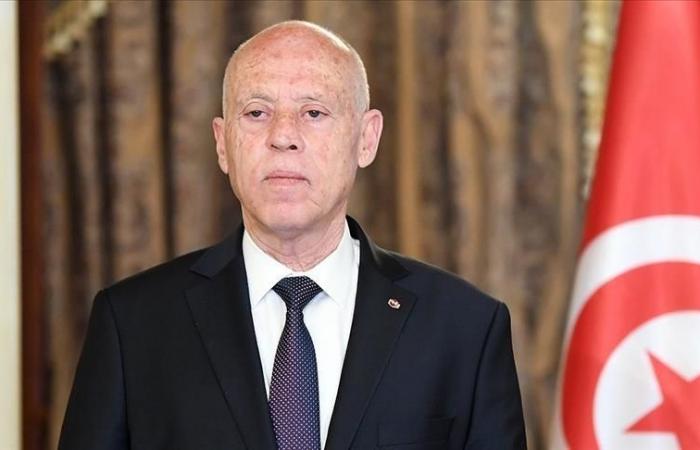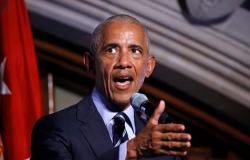Lhe re-election of Kaïs Saïed to the Tunisian presidency with an overwhelming 90.7% of the votes is hardly surprising. On the contrary, it is deeply worrying. Because this figure, as impressive as it is, reveals less a plebiscite than a return to practices that recall the dark hours of Tunisian authoritarianism.
With a participation rate barely around 28%, this election reflects a deep disenchantment among citizens, particularly young people, who seem to reject en masse a democratic process that they consider manipulated. From the start, the terrain of this election seemed uneven. The modification of the electoral law, which occurred at the last minute, essentially allowed the president to lock the political spectrum by excluding the most credible opponents.
The only candidates who were able to run against Saïed are relatively minor figures: Ayachi Zammel, an industrialist now imprisoned and subject to multiple convictions, and Zouhair Maghzaoui, a former deputy who does not have the political strength to constitute a real alternative. Strict control of the Independent High Authority for Elections (ISIE), now widely seen as a body serving the president, has aggravated suspicions of bias. Tunisian civil society organizations, once the spearhead of the revolution, find themselves muzzled, refused accreditation and under constant surveillance by the authorities.
This growing influence of Kaïs Saïed on Tunisian institutions is not just a simple drift; it embodies a clear desire to transform the country into an autocratic state. After dissolving parliament in 2021, rewriting the Constitution to his advantage, and governing by decree, Saïed now has a clear path to eradicate all opposition. The European Union, like several international organizations, has expressed its concern about an electoral process widely considered to be non-compliant with democratic standards. To date, more than 170 people, including political opponents, journalists and members of civil society, are detained for political reasons, an alarming figure that seems destined to grow if the Saïed regime continues on this trajectory.
Saïed’s argument, which promises a return to the ideals of the 2011 revolution by “cleansing” the country of corrupting elements, rings hollow in the face of persistent economic difficulties. Tunisians thus see their hopes for justice and development eroded, while public freedoms become more restricted every day. This autocratic model that the Tunisian president seems to embrace is reminiscent of that of neighboring Algeria, where popular protests are erased under the lead cover of the regime.
Kaïs Saïed may have won an electoral victory, but at the cost of democratic legitimacy. The Tunisians, many of whom have decided to boycott this election, are sending a clear message: this victory could well be that of the democratic facade of a regime which, behind promises of a “new Tunisia”, seems above all to bring them back to the most dark parts of its recent history.
Par F.Z Ouriaghli






